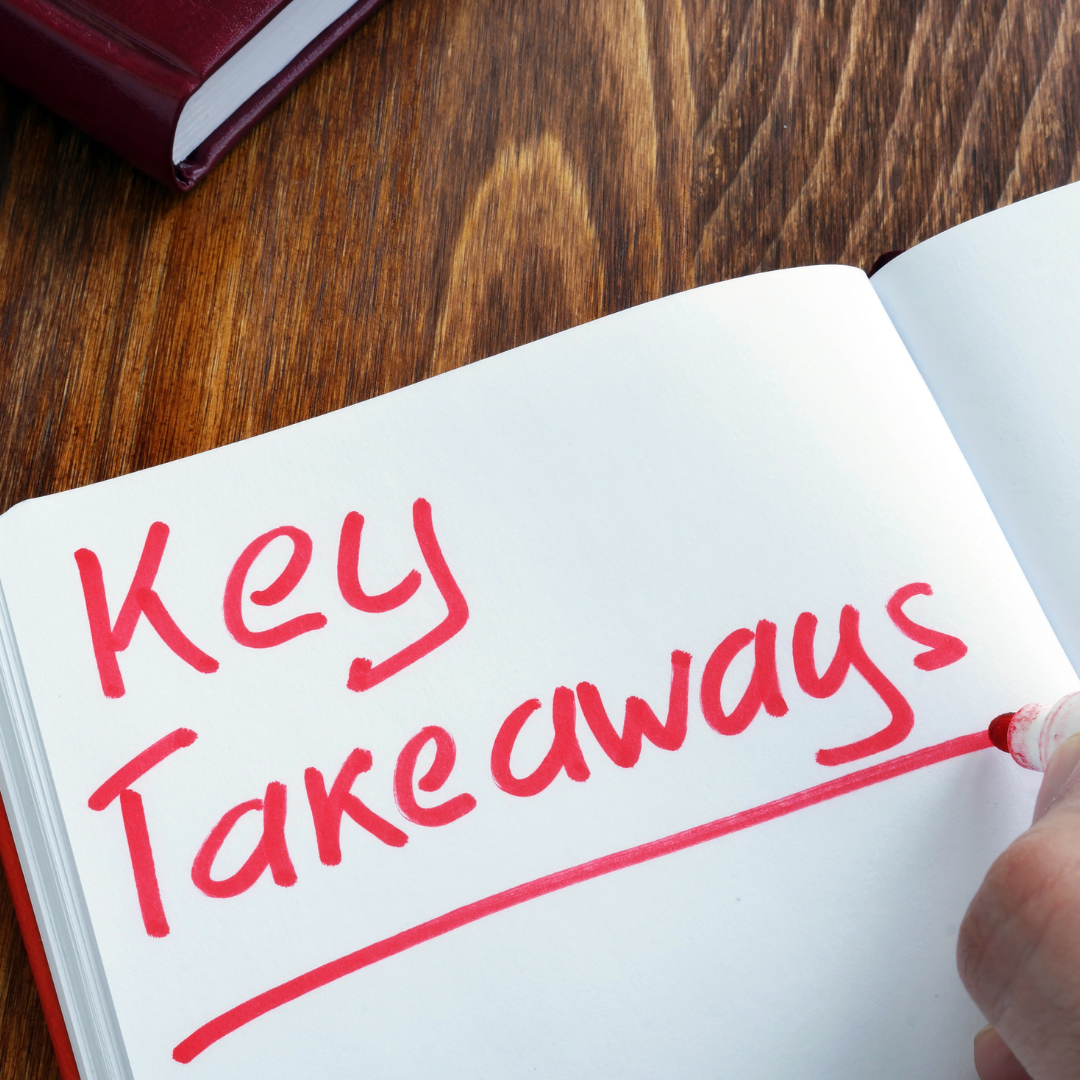
Have you ever known a monk or spent time in an ashram? The serenity these people exhibit may seem other worldly and out of reach to you. In this noisy, fast paced, hectic world, being calm and grounded can seem close to impossible. But it’s not. You can call up your inner monk or switch into monk mode whenever you feel it would be beneficial.
If you’re a person that is quick to anger or easily impatient, you may unknowingly be limiting what you’re capable of in triggering situations. Although bad habits can be quite strong in the mind and nervous system, you can intervene.
First, give your inner monk a fun name. This keeps it playful. Adults can be too serious and heavy handed with themselves when working toward personal growth. This sabotages them. Then imagine how this person would perceive a difficult situation and how they would respond. Practice accessing and utilizing your monk mode when the opportunity arises. Consider how this persona walks and talks, how they feel and behave, and the results they enjoy.
Another successful strategy is to learn from monks or those who have trained themselves in this way of being. You can do this by spending time in these environments, reading about them or watching YouTube videos.
Jesse Itzler, entrepreneur and husband of Spanx founder Sara Blakely, enjoyed an extensive time with monks and wrote about it. The name of his book is called “Living with the Monks,” and it’s quite an enjoyable read. Thich Nhat Hanh, one of our teachers, has multiple books available as well as some powerful YouTube videos and audios. Michael Singer also has a fantastic read, “Untethered,” that you may find helpful on your monk mode journey.
Whether it’s people, situations or your own internal dialogue that trigger you into an aggressive, agitated being, you have the ability to alter if you truly choose to do so. Everyone benefits including you. Reach out to us today at 404-949-9500 for how to cultivate monk mode!

Have you heard the phrase “feel to heal?” Or perhaps you’re familiar with the concept of emotional bypassing? It’s a very common pattern in people to attempt to circumvent their emotions. Why? Emotions can be inconvenient, painful and awkward.
It’s essential that you feel your emotions in order to heal them. If you’ve had difficulty in the past, as most humans have, you may have unresolved emotions. These emotions go underground and drive your decisions and behaviors. Your body also takes a hit. This is why somatic therapy has become so prevalent these days. Somatic therapy of all types works within the body to identify and process emotions. You have more neuroreceptors in your body than your skull brain so many emotions are housed in the body and are negatively affecting you at the organ and cellular level.
First you need to recognize what is happening within you as well as your patterns. Next you need to investigate the emotions you may be feeling. Take an honest and thorough self-inventory to understand yourself at a deeper level. Denial causes further difficulties for you. They don’t like the feeling of vulnerability by acknowledging their humanity. They prefer to pretend or deny. This pattern causes more damage than it does good. In psychology, we identify this as “false bravado.” People fare much better when they release this pattern.
Many people tend to think their emotions rather than feel them which keeps them stuck. This is a form of emotional bypassing as is denial and avoidance. Feeling your full human emotions doesn’t mean you’re weak. It actually takes courage and strength. You can do this type of work while also remaining grounded and centered. Emotional bypassing dishonors who you truly are. When you take a leap of courage into this messy terrain of emotions, you become more comfortable with all of who you are and that is true personal power.

Think about the times you’ve read a good book, seen a wonderful movie, or attended a motivational class or keynote. You may have found yourself uplifted, inspired and driven to apply some concepts or practices.
Remember when you were in school growing up? Regardless of your enjoyment or lack thereof, you probably didn’t put all the teachings to use. You may not be able to remember all the history you learned, but you may recall some key points and be able to appreciate the past. How might previous schooling have impacted your perspective, choices and behaviors now?
The application of philosophies, notions, and beliefs is not easily assimilated wholly. Sometimes, people are frustrated because they can’t remember all of what was conveyed, even though they may have enjoyed learning the material.
Photographic memory is a rare thing, so there’s no need to put undue pressure on yourself. In fact, it is estimated that only 2%-10% of children have eidetic memory and virtually no adults! Placing high expectations on yourself to digest, remember and then execute the entirety of what you’ve learned in an educational experience is a disservice to yourself. It is nearly impossible.
Instead, consider the idea of takeaways. From any single experience, you can focus on what you are taking away for immediate or future use. Let’s say you have participated in an inspirational event. Think about one or two nuggets of wisdom or information you’d like to apply to up level your life. It could be as simple as centering your mind in a positive direction each day or initiating one form of exercise daily.
If you try to apply too many concepts or institute an excessive number of physical changes all at once, your mind and body will likely rebel. It slams on the emergency brake. On the other hand, if you can apply one takeaway consistently, you may reap pleasant results.

What types of games did you enjoy playing as a child? Were you involved in sports? Did you enjoy playing solo or with others? How did you respond to winning and losing? What does competition bring up for you? What did you see others modeling? How do you think these games may have shaped you into the person you are today?
Games you played earlier in life undoubtedly impacted your developing persona. From hide n’ seek to spin the bottle, your game experiences affected you. Reflect back on your favorite times with games and consider why they were so meaningful to you. Who was involved? What were the dynamics? What was required? What was the objective?
Do you still play games now as an adult? Many people enjoy the camaraderie of game nights. From trivia to bingo, you have a lot of choices. Having the opportunity to join others in innocent games can help reduce loneliness, improve cognitive acuity and boost mental health. Adding laughter to the event releases feel-good hormones. If the games you enjoy are more physical like pickleball, tennis or paint ball, you also receive the benefits of exercise.
Many games are all in good fun, aren’t they? They provide a way to engage others and enjoy fellowship. Some adult games, however, are not so fun. Psychological games that some people play can have a detrimental impact on those around them. There are many types of unhealthy dynamics in this category. A few include gaslighting, stonewalling, devaluing, gossiping, criticizing and triangulating. Each of these types of games are perpetrated on others because the initiator doesn’t want to be authentic or honest. It’s aggressive or passive-aggressive manipulation. When encountering these types of difficult relationships, it’s important to set clear boundaries and speak up for yourself.
Seek out people who enjoy games that uplift and elevate others. Remove yourself from those who cause harm.

Protecting yourself is an essential part of what it is to be human. The response of shielding yourself from harm or death is an instinctive one.
Preserving your life is a natural desire. This instinct may be demonstrated in a variety of ways such as removing your hand from a hot stove, avoiding a dangerous place, or locking your doors.
Self-preservation is clearly triggered by pain. In fact, without some degree of pain or fear, you may not survive. Pain and fear draw your attention to people, places, and things that threaten you in some way. If, for example, you were in an accident or suffered some type of trauma, you would naturally avoid those situations that brought you the suffering associated with it.
Self-preservation becomes more complex and nuanced when it comes to personal connections. Let’s say you are in a relationship with someone who repeatedly treats you poorly. Your life may not be at stake, but you realize that your joy is regularly stolen from you. Out of a sense of self-preservation, you may have to exit that relationship. It gets quite complicated when you love someone but realize you can no longer tolerate the toxic environment.
Sometimes self-preservation can get a bad rap. In certain situations, it can clearly be out-of-balance. For instance, in an organization where layoffs are being considered, leaders and others can find themselves in a “me first” mentality instead of fairly considering the needs of everyone. If you have an “it’s me or them” mindset, your objectivity is lost, and it places others’ self-preservation in jeopardy. Where is the line?
If you give and give until you give out, all of the plates you are spinning will fall. Ultimately, self-preservation is essential for you in fulfilling your purpose and destiny. By preserving yourself in balance with the needs of others, you grow to become the best person you can be.




